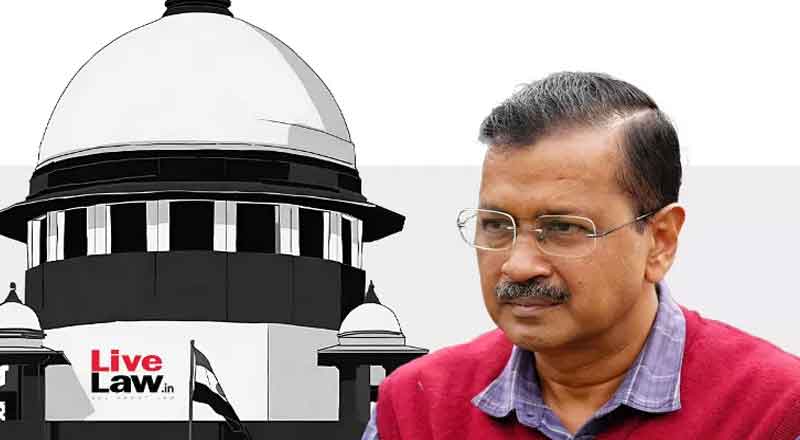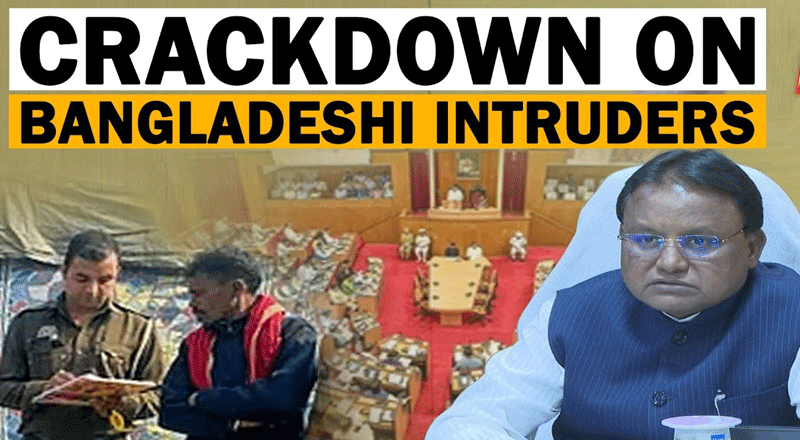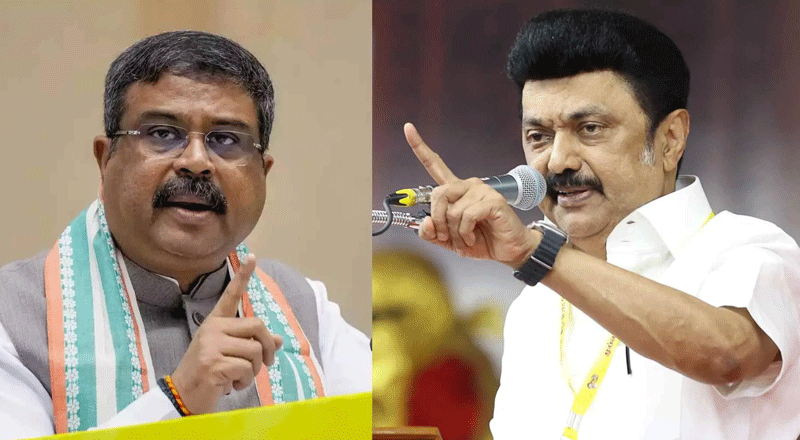In a significant legal maneuver, Delhi Chief Minister Arvind Kejriwal has taken decisive action against his arrest by the Enforcement Directorate (ED) in connection with the money laundering case associated with the excise policy scam. Kejriwal’s decision to challenge his arrest reflects his determination to contest the allegations leveled against him, despite the lack of an immediate special hearing for his petition.
Key Points:
Legal Battle Unfolds: Arvind Kejriwal’s decision to challenge his arrest underscores the unfolding legal battle between him and the ED. The absence of an expedited hearing for his plea highlights the procedural intricacies inherent in such high-profile cases.
Arrest Amidst ED Raid: The circumstances surrounding Kejriwal’s arrest, occurring in the wake of an ED raid at his official residence in the national capital, point to the swift and decisive action taken by the agency. The execution of the arrest following a high court order denying him protection from arrest adds a layer of complexity to the situation.
Parallel Arrests of Opposition Leaders: Kejriwal’s arrest mirrors the arrest of his former Jharkhand counterpart, Hemant Soren, in a separate case. The commonality of being arrested by Additional Director Kapil Raj suggests a coordinated effort by the ED in pursuing cases against opposition leaders.
Traffic Advisory Amidst Protests: The anticipated protests by the Aam Aadmi Party (AAP) prompt the Delhi Police to issue a traffic advisory, highlighting the potential disruptions to public movement and vehicular traffic in the city. The advisory serves as a precautionary measure to mitigate any potential inconvenience caused by the protests.
Broader Implications of Arrests: The involvement of other prominent leaders, such as AAP MP Sanjay Singh and former Delhi Deputy Chief Minister Manish Sisodia, underscores the broader implications of the case. The alleged corruption within the framework of the Delhi liquor policy and its impact on political figures raise pertinent questions about accountability and transparency in governance.
Allegations of Policy Manipulation: Central to the ED’s case are allegations of manipulation within the Delhi liquor policy to benefit certain vested interests. Accusations of kickbacks and undue influence in the policymaking process shed light on the intricate nexus between politics and business interests.
Nationwide Protest Call: Gopal Rai’s call for nationwide protests against the Bharatiya Janata Party (BJP) following Kejriwal’s arrest amplifies the political tensions surrounding the case. The rhetoric of “murder of democracy” and “announcement of dictatorship” underscores the heightened emotions and polarized sentiments in the political landscape.
Arvind Kejriwal’s decision to challenge his arrest marks a pivotal moment in the unfolding legal saga. As the case progresses, the interplay between legal proceedings, political maneuvering, and public perceptions will continue to shape the narrative surrounding accountability and governance in India.
(With inputs from agencies)





